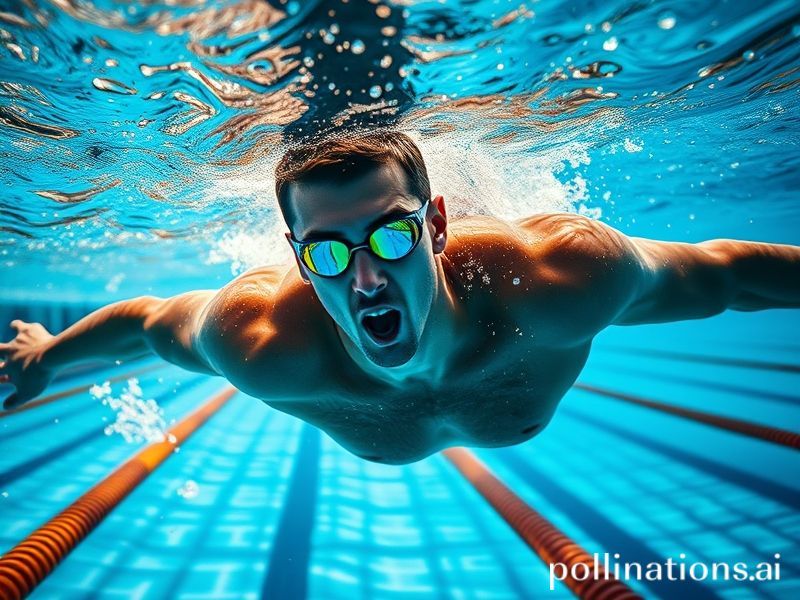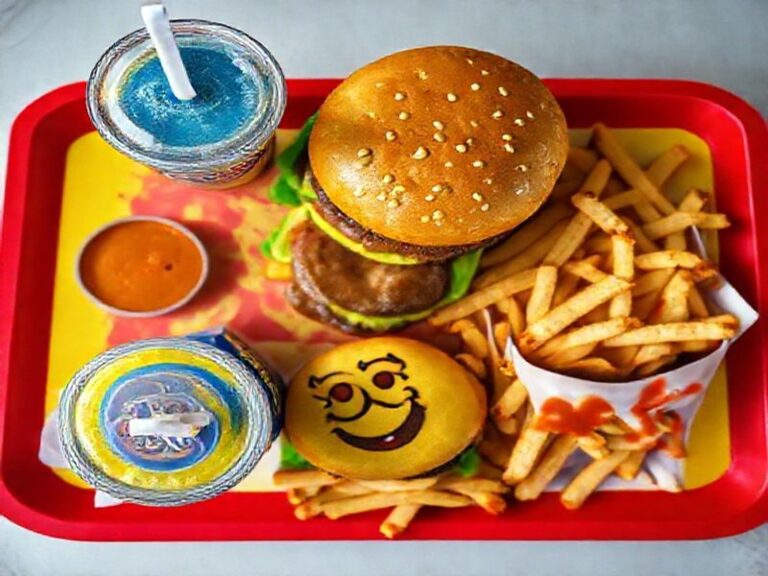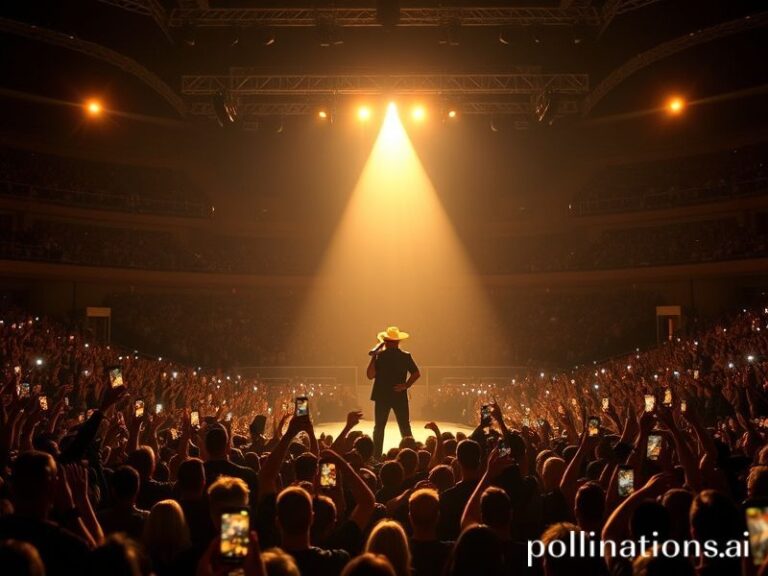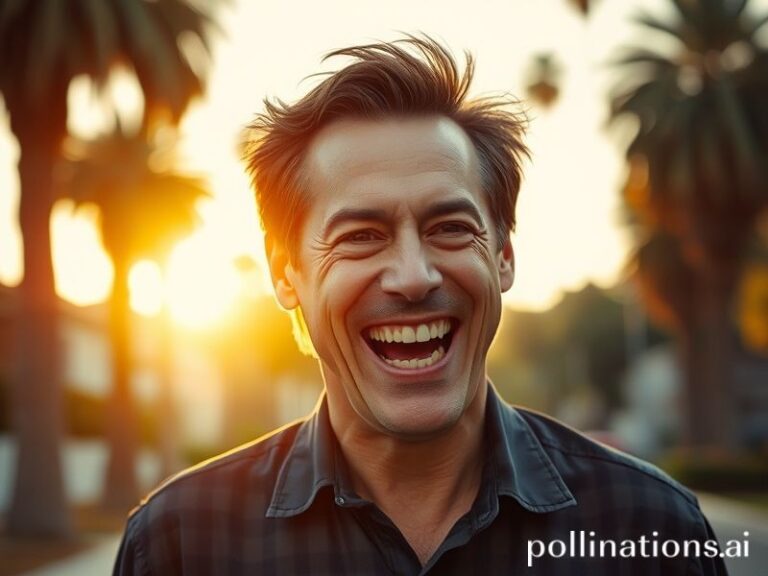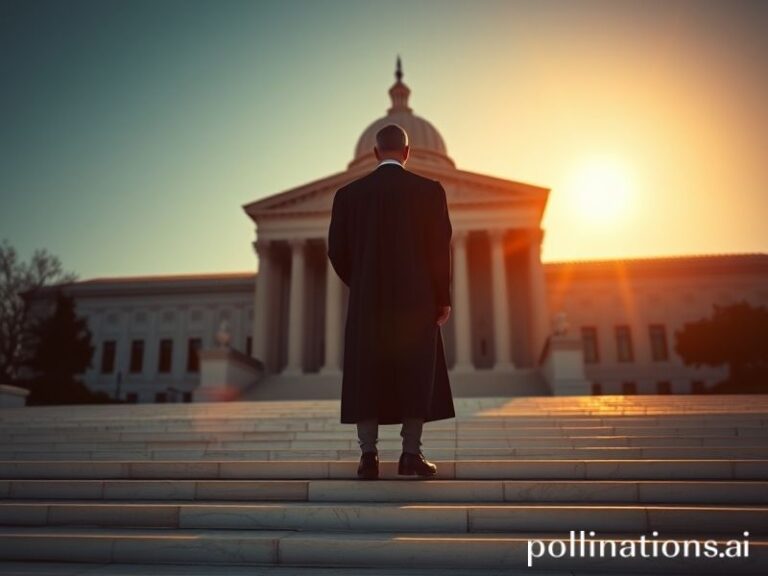How Michael Phelps Became the Planet’s Favorite Export: Gold, Chlorine, and Soft-Power Splash
The Chlorinated Oracle: How Michael Phelps Became the World’s Wettest Exports Policy
By the time Michael Phelps hung up his goggles for good, the planet had quietly agreed on one metric of global power: the number of gold medals a nation could attach to a single human sternum. Eight in Beijing, four more in London, five in Rio—numbers so tidy they could be printed on currency, and in certain hyper-patriotic precincts of Maryland they practically were. Yet beyond the splashy NBC montages and the obligatory Wheaties box, Phelps’s real achievement was subtler: he turned an otherwise indifferent world into synchronized spectators of American hydrodynamics.
Consider the international choreography. In China, state broadcasters cut into prime-time soap operas to show Phelps’s 200-meter butterfly, prompting 200 million viewers to ponder why their own prodigies kept finishing second. German tabloids coined “Phelpsitis”—a condition marked by chronic silver-medalist melancholy. Even landlocked Kazakhstan, whose swimmers train in defrosted hockey rinks, dispatched analysts to dissect his stroke count like Kremlinologists studying a May Day parade. The takeaway: if you wanted to project soft power in the 21st century, forget aircraft carriers—just produce a gangly kid with size-14 flippers and the lung capacity of a humpback whale.
Of course, soft power comes with soft diplomacy. During the 2008 Games, Phelps inadvertently became a one-man trade envoy. Each medal ceremony triggered a spike in Speedo orders from Jakarta to Johannesburg; the company’s share price rose faster than his lactate threshold. Meanwhile, Australian coaches—those perennial bridesmaids of the pool—whispered that Phelps’s secret was “American-depth technology,” which sounded suspiciously like a euphemism for NASA-grade swimsuits and a pharmaceutical budget rivaling the GDP of Tonga. The rumors were never proven, but they sold newspapers on five continents and gave anti-doping bureaucrats a reason to exist.
Then came the inevitable fall, or at least the polite stumble. The 2014 DUI mugshot—eyes bloodshot, hair still damp from some unsanctioned pool—was beamed across the globe like a cautionary emoji. International reaction split along cultural lines: Scandinavia clucked about the perils of excess, Brazil shrugged (they’d seen worse), and Russia quietly celebrated evidence that even demigods could be human. Sponsors paused, but not for long; by then Phelps had transcended mere athleticism to become a universal parable: triumph, hubris, televised contrition, redemption arc, repeat. Netflix executives in Mumbai took notes.
What makes Phelps globally relevant today isn’t the medal haul; it’s the template he perfected. Every four years, nations now scour their gene pools for the next hydro-propelled avatar, convinced that Olympic dominance equals geopolitical Viagra. The French finance ministry allocates subsidies for “elite limb length research.” Singapore offers citizenship to any teenager who can dolphin-kick farther than the Merlion spits. Meanwhile, the actual Phelps has retired to a life of CBD endorsements and whispered motivational talks in Dubai hotel ballrooms, where oligarchs pay six figures to learn the breathing technique of a man who once raced a great white shark for television ratings.
If that sounds absurd, remember we live in a world where climate change will soon make outdoor pools un-swimmable and yet governments still fund underwater wind tunnels. Phelps’s legacy, then, is not just 28 Olympic medals but a warning: invest too much mythology in one moistened mortal and you’ll wake up with a national identity crisis every time he sneezes. The medals will tarnish, the records will fall, but the image of that human torpedo slicing through blue chlorinated lanes will linger—proof that even in an age of AI and orbital tourism, we still measure greatness by how elegantly someone can avoid drowning faster than everyone else.

